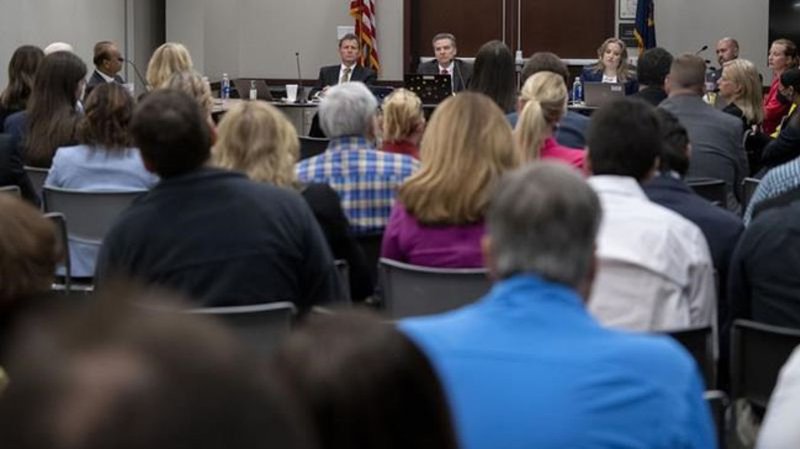
Indiana doctor reprimanded for talking publicly about Ohio 10-year-old’s abortion
INDIANAPOLIS (AP) — An Indiana board decided Thursday night to reprimand an Indianapolis doctor after finding that she violated patient privacy laws by taking publicly about providing an abortion to a 10-year-old rape victim from neighboring Ohio.
The state Medical Licensing Board voted that Dr. Caitlin Bernard didn’t abide by privacy laws by telling a newspaper reporter about the girl’s treatment in a case that became a political flashpoint in the national abortion debate days after the U.S. Supreme Court overturned Roe v. Wade last summer.
The board, however, rejected accusations from Indiana’s Republican attorney general that Bernard violated state law by not reporting the child abuse to Indiana authorities. Board members chose to fine Bernard $3,000 for the violations, turning down a request from the attorney general’s office to suspend Bernard’s license.
THIS IS A BREAKING NEWS UPDATE. AP’s earlier story follows below.
